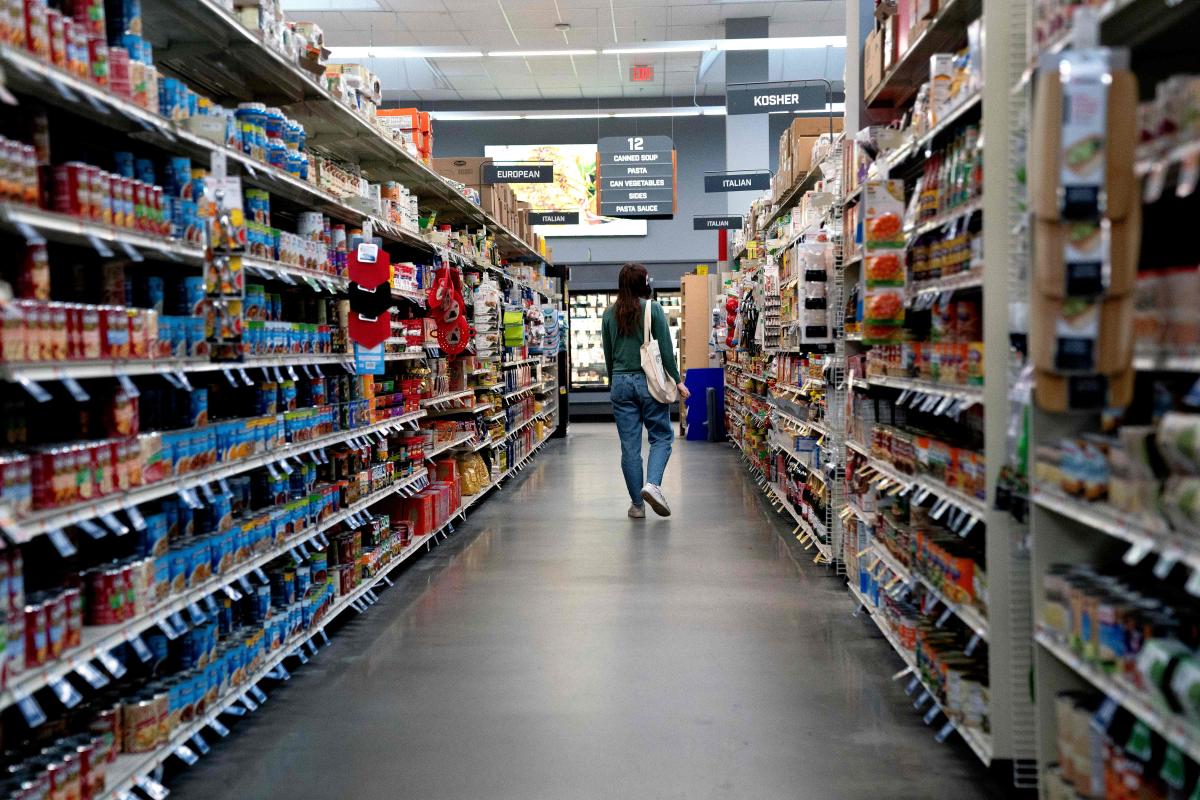Mikeoxenormous
Diamond Member
Its the workers duty to get more skills so they can ask for more. A burger flipper should not be making 15 dollars an hour. That is some bullshit.It's a workers duty to ask for more. The system wouldn't work without that happening.


